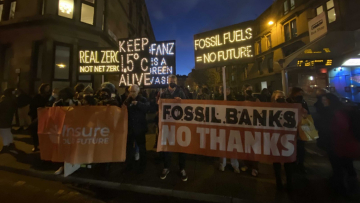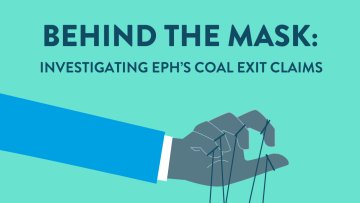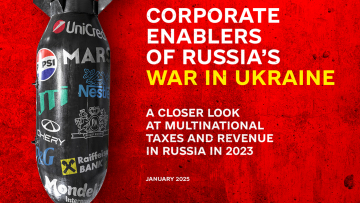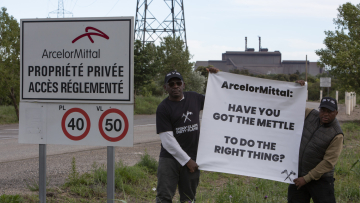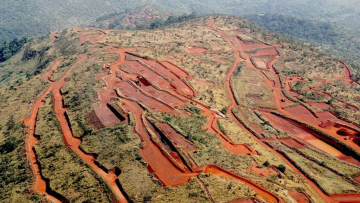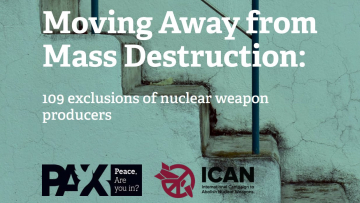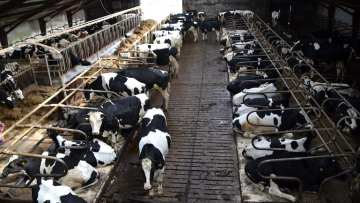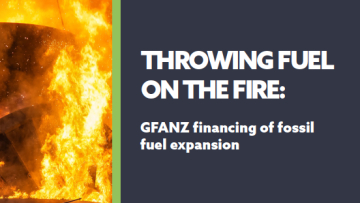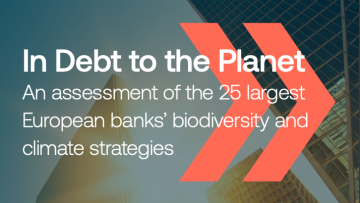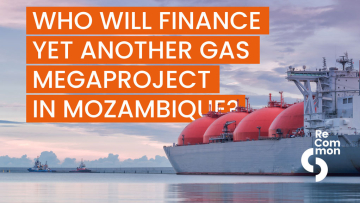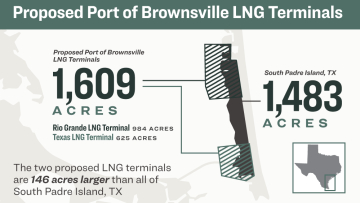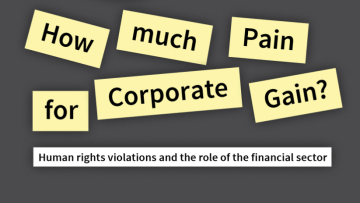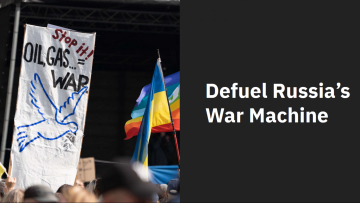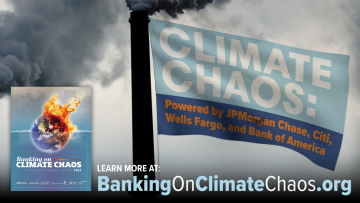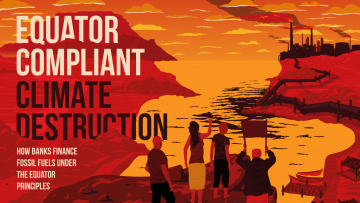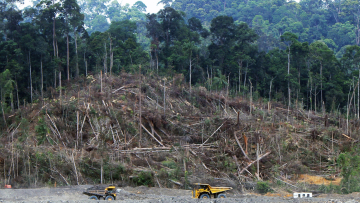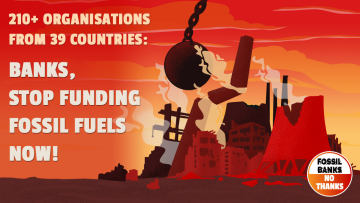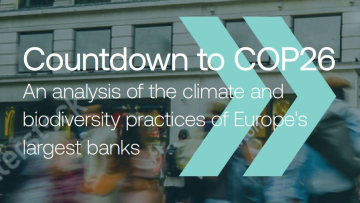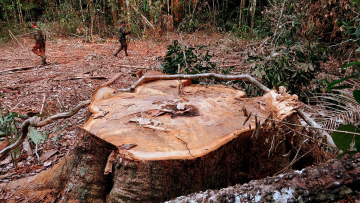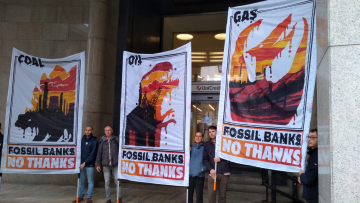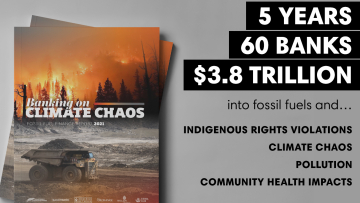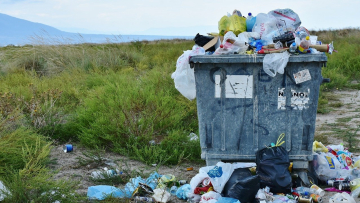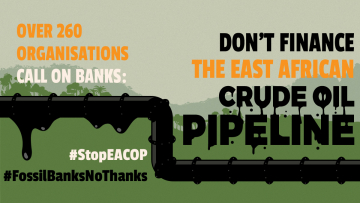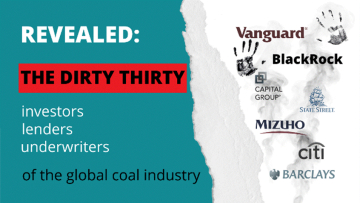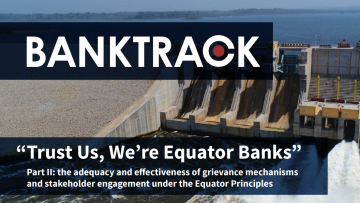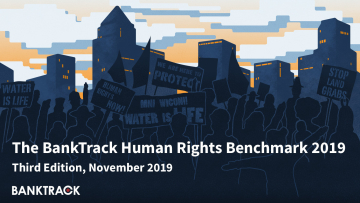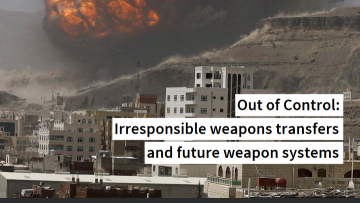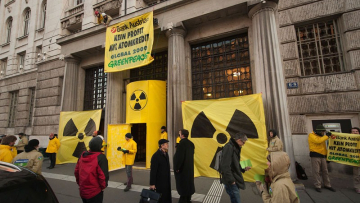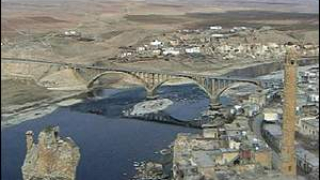
Active
This profile is actively maintained
Active
This profile is actively maintained| Website | http://www.unicreditgroup.eu |
| Headquarters |
Plazza Gae Aulenti 3 - Tower A
20154 Milan
Italy
|
| CEO/chair |
Andrea Orcel CEO |
| Supervisors | |
| Ownership |
listed on Borsa Italiana, Frankfurt Stock Exchange & Warsaw Stock Exchange
UniCredit's shareholder structure can be accessed here. |
The UniCredit Group, founded in 1998, is the result of the merger of nine of Italy's largest banks and the subsequent combination with the German HVB Group and the Italian Capitalia Group. It is now a banking group based in Milan that also includes (amongst others) Bank Austria and Hypovereinsbank. The group operates in 14 European countries: Austria, Germany, Russia, Bosnia and Herzegovina, Hungary, Serbia, Bulgaria, Italy, Slovakia, Croatia, Romania, Slovenia, Czech Republic and Turkey.
UniCredit's most important sustainability commitments can be found at the website sections listed below.
UniCredit is linked to a number of companies and projects that BankTrack considers controversial (so called Dodgy Deals), e.g. as a current or past financier or through an expression of interest. The profiles below provide more details on the nature of UniCredit's link to these deals.
UniCredit allows employees and third-party stakeholders to report grievances related to its practices, including any negative impacts it may have caused or contributed to through its own activities. Third parties can submit issues by sending an email to: UIWHISTBLO-Italia@unicredit.eu.
Employees can use the bank’s SpeakUp system, while customers can make a complaint via the bank's website. The form can be used also to make sustainability inquiries. Stakeholders may also raise complaints via the OECD National Contact Points (see OECD Watch guidance).
UniCredit is an Equator Principles signatory. While the Equator Principles have no official grievance mechanism, complaints relating to this bank's financing of Equator Principles projects can be filed through our own website www.equator-complaints.org.
This page evaluates UniCredit's responses to instances of alleged human rights violations linked to its finance, raised by civil society organisations. It is not intended to be exhaustive, but covers selected impacts raised by BankTrack and other civil society partners since 2016. For the full scoring methodology, see here. For more information about BankTrack's evaluation of bank responses to human rights impacts, see the 2021 report "Actions speak louder: assessing bank responses to human rights violations".
The bank publicly responded but did not acknowledge its link to the impact or comment on the specific issues raised.
Following the bank's response: The bank acknowledges its link to the impact, but still does not comment on or respond to the substance of the issues raised. Therefore, the score has been amended to 0.5.
No information available on whether the bank engaged with its client or took appropriate action.
Following the bank's response: The bank confirmed that it ""engaged with the customer and gathered statements and positions on the allegation"". The bank did not provide details of this engagement nor did the bank state whether it had required the company to take specific actions or that the bank had taken appropriate action itself. Therefore, the score remains unchanged.
Banks and Climate
The 2025 Banking on Climate Chaos report showed that UniCredit provided $26.0 bn in financing to the fossil fuel industry between 2021 and 2024. In 2024 only, UniCredit provided $6.2 bn, including $3.0 bn for oil, gas and coal companies expanding fossil fuels. Find further details on UniCredit's fossil fuel portfolio and how it compares to other large banks globally on the Banking on Climate Chaos website below.
Partner organisation Reclaim Finance tracks the coal, oil and gas policies of financial institutions, including banks, in their Coal Policy Tool (CPT) and the Oil and Gas Policy Tracker (OGPT). BankTrack works closely with Reclaim Finance and endorses their policy assessments. Find further details on their assessment of Unicredit's fossil fuel policy below.
Banks and Human Rights
BankTrack assessed UniCredit in its 2024 Global Human Rights Benchmark, where it achieved 7 points out of 15 and was ranked as a “follower”.
The bank scored 1 out of 3 points on the new “specific rights indicators”, which assess how banks address human rights defenders, Indigenous Peoples’ right to Free, Prior and Informed Consent and environmental rights in their policies and practices.
In addition, UniCredit scored 0.13 out of 3 on how it responds to alleged human rights violations linked to its finance, which were raised by civil society organisations. More information is detailed in the “Accountability” section of this profile.
The table below shows BankTrack's assessment of how UniCredit has implemented the UN Guiding Principles on Business and Human Rights. Please click on 'expand all details' and 'explanation' for further information on the methodology.
Our policy assessments are always a work in progress. We very much welcome any feedback, especially from banks included in the assessments. Please get in touch at humanrights@banktrack.org.
Global Human Rights Benchmark 2022
Global Human Rights Benchmark 2024
Tracking the Net Zero Banking Alliance
UniCredit is a member of the Net Zero Banking Alliance (NZBA) and has therefore committed to reduce its financed emissions to net zero by 2050; within 18 months of joining the alliance set interim targets for 2030 (or sooner) for high emission priority sectors, and within 36 months set further sector targets; set new intermediary targets every 5 years from 2030 onwards; annually publish data on emissions and progress against a transition strategy including climate-related sectoral policies; and take a robust approach to the role of offsets in transition plans. BankTrack track's implementation of these commitments in the NZBA compliance tracker.
Banks and Steel
As part of the Net Zero Banking Alliance (NZBA), Unicredit is required to set interim targets for 2030 for high emission priority sectors. For Unicredit, this includes its lending to the steel sector. You can see Unicredit’s iron and steel decarbonisation targets, and its progress towards meeting them in our NZBA steel targets compliance tracker below.
UniCredit is also member of the Sustainable Steel Principles. This means it has committed to measuring and disclosing its steel-related financed emissions on an annual basis, and reporting its alignment with the International Energy Agency’s Net Zero by 2050 pathway for the steel industry.
Partner organisation Reclaim Finance’s 2023 report on metallurgical coal financing showed that UniCredit provided US$ 3 billion in loans and underwriting to developers of new metallurgical coal between 2016 and 2022. Find further details on UniCredit’s metallurgical coal financing and and how it compares to other large banks globally in the report.
Reclaim Finance tracks the metallurgical coal policies of financial institutions, including banks, in their Coal Policy Tool. BankTrack works closely with Reclaim Finance and endorses their policy assessments. Find further details on their assessment of UniCredit’s metallurgical coal policy below.
According to a report by Reclaim Finance, between 2016 and June 2023, UniCredit provided $6.6 billion in finance to the fossil-steel industry, making it the 17th largest financier worldwide. Find further details on UniCredit's steel financing and how it compares to other large banks globally in the report.
Banks and Russian Aggression in Ukraine
BankTrack is keeping track of the public response of UniCredit to Russia's illegal invasion of Ukraine. UniCredit did not publicly condemn the war. UniCredit is considered by Leave-Russia.org to be "still operating" in Russia. We categorise its exposure to Russia as large, with over $8.1bn of financial assets. UniCredit supports the Russian fossil fuel industry through loans, and underwriting. For further details, see the table linked below.






